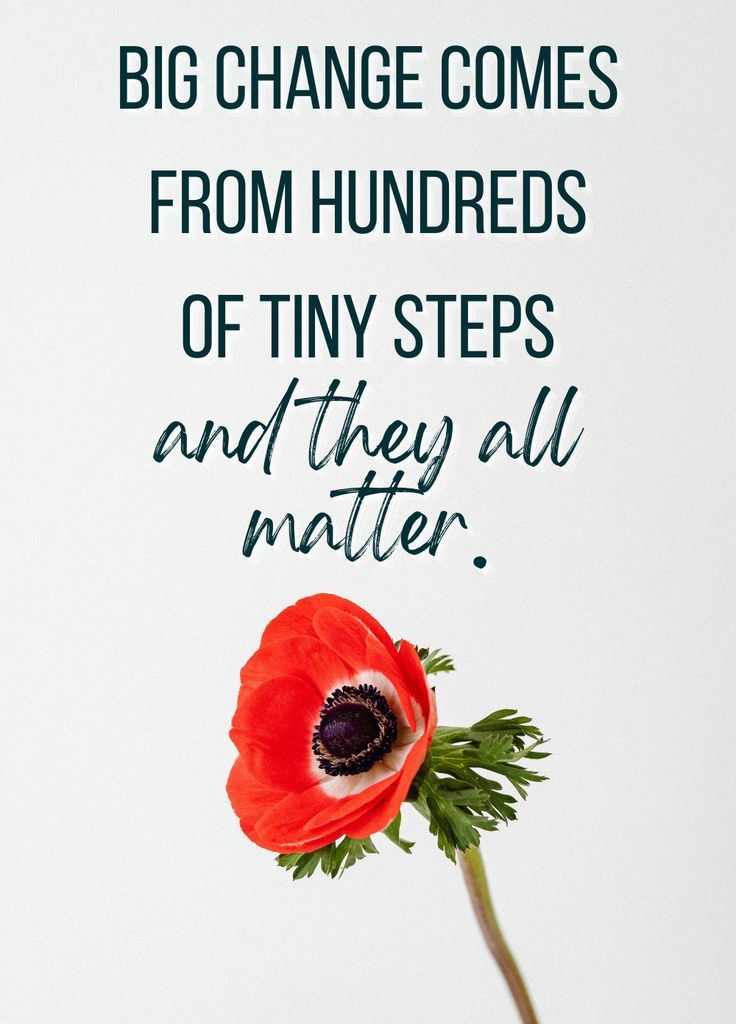Anxiety and sleep problems are closely linked. Worry can cause poor sleep, while sleep troubles can lead to anxiety.
Do you lie in bed, dwelling on the day’s worries and feel so anxious that you’re unable to fall asleep – and stay asleep? Perhaps when you get up in the morning, tired and frustrated, a growing lack of sleep worsens your anxiety, and the pattern repeats the following night. This negative feedback loop can exacerbate stress and sleep deprivation, leading to insomnia and anxiety disorders.
Strong evidence also suggests that sleep deprivation can trigger or worsen anxiety disorders. It’s believed that people who are prone to anxiety are especially sensitive to the effects of insufficient sleep on their mood and emotional wellbeing. Research shows that just a single night of sleep deprivation leads to significant increases in activity in the part of the brain that plays a key role in emotion – in particular, anxiety.
This means anxiety and sleep deprivation can be self-reinforcing – worry causes poor sleep, while ongoing sleep troubles lead to increased anxiety.
Thankfully, it’s possible to break the cycle and ease anxiety at night with practical lifestyle changes and evidence-based treatments. Like i-CBT (CBT for insonmia)
i-CBT resources
This Way Up
Sleep Well CBT https://mysleepwell.ca/cbti/
